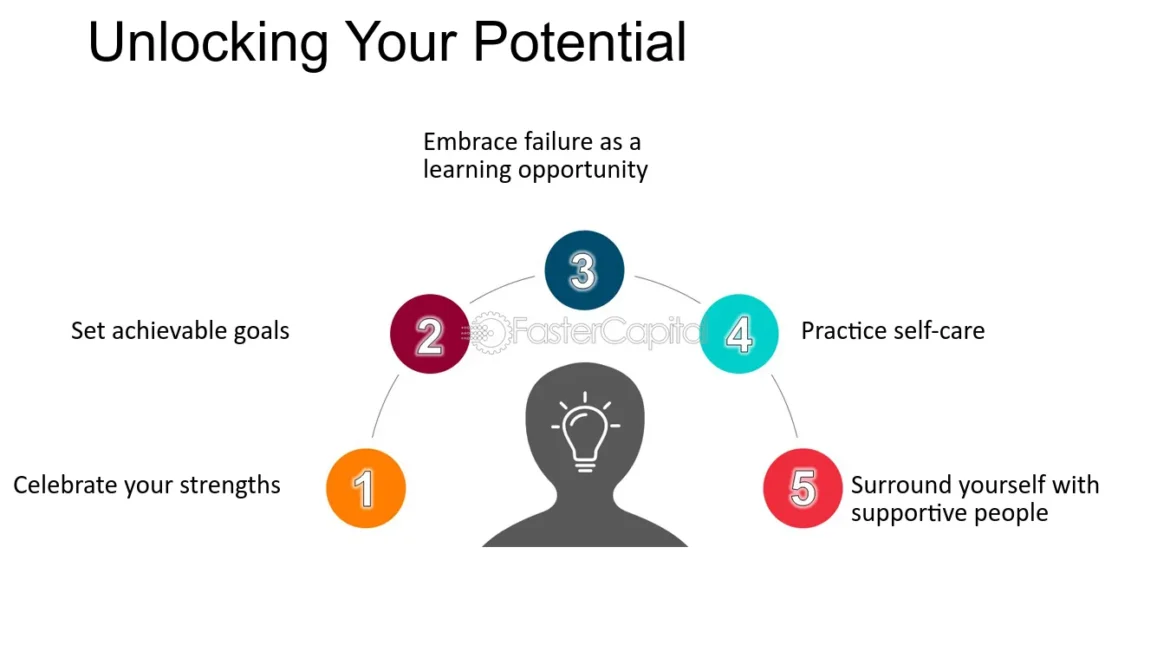Learning is more than just memorizing facts—it’s about understanding, applying, and retaining knowledge in a meaningful way. Whether you’re a student, professional, or lifelong learner, adopting effective learning strategies can make a significant difference in how quickly and deeply you learn. In this article, we explore the most research-backed and practical learning methods that can help anyone improve their learning process.
Why Learning Strategies Matter
Many learners spend hours studying but struggle to retain information or apply what they’ve learned. The issue often lies not in the effort, but in the strategy. Effective learning techniques allow you to:
- Learn faster and deeper
- Retain knowledge longer
- Apply information in real-life situations
- Study smarter, not harder
Top 8 Effective Learning Strategies
1. Active Recall
This strategy involves retrieving information from memory without looking at notes or textbooks. It’s one of the most powerful methods for long-term retention.
- How to use it: After reading a chapter, close the book and try to recall the key points aloud or on paper.
- Tools: Flashcards (e.g., Anki), self-quizzing, summary writing.
2. Spaced Repetition
Spacing out study sessions over time strengthens memory by giving your brain time to rest and consolidate information.
- How to use it: Review material multiple times over days or weeks rather than cramming in one sitting.
- Tools: Spaced repetition software like Anki or Quizlet.
3. Interleaved Practice
Instead of studying one subject or topic at a time (blocked practice), interleaving mixes different topics or problem types in a single session.
- Benefit: Improves problem-solving and adaptability.
- Example: If you’re learning math, practice algebra, geometry, and statistics in one session rather than in separate blocks.
4. Elaboration
Explain concepts in your own words and connect new knowledge to what you already know.
- How to use it: Teach the topic to someone else, or explain it as if you’re talking to a child.
- Why it works: It deepens understanding and highlights gaps in your knowledge.
5. Dual Coding
Combining words with visuals helps improve understanding and recall.
- How to use it: Use diagrams, mind maps, charts, or draw pictures alongside your notes.
- Example: When learning biology, draw labeled diagrams of systems instead of only reading text.
6. Concrete Examples
Use specific, relatable examples to understand abstract concepts.
- Why it helps: Examples make ideas easier to remember and apply.
- Example: When learning economic theories, apply them to real-world situations like shopping, budgeting, or markets.
7. Self-Testing
Regularly test yourself rather than just re-reading notes. This forces you to actively retrieve knowledge.
- Methods: Practice questions, past papers, online quizzes.
- Result: Strengthens memory and identifies weak areas early.
8. Metacognition
This means thinking about your own learning—knowing what you know and what you don’t.
- How to use it: Ask yourself questions like “Do I really understand this?” or “How well will I remember this tomorrow?”
- Technique: Keep a learning journal or checklist to track your progress.
Additional Tips for Effective Learning
- Minimize distractions: Study in a quiet, focused environment.
- Take breaks: Use techniques like the Pomodoro method (25 minutes study, 5 minutes break).
- Stay organized: Use planners or digital tools to keep track of tasks.
- Sleep and exercise: A healthy body supports a healthy brain.
- Stay curious: Intrinsic motivation boosts focus and memory.
Real-Life Applications
- For Students: Combine spaced repetition and active recall to ace exams.
- For Professionals: Use elaboration and interleaved practice to master complex skills.
- For Lifelong Learners: Apply dual coding and concrete examples to keep learning engaging and effective.
Conclusion
Effective learning is not about studying longer—it’s about studying smarter. By applying proven strategies like active recall, spaced repetition, and dual coding, you can transform your learning habits and achieve better results with less stress. Everyone has the capacity to become a better learner—it just takes the right approach.
